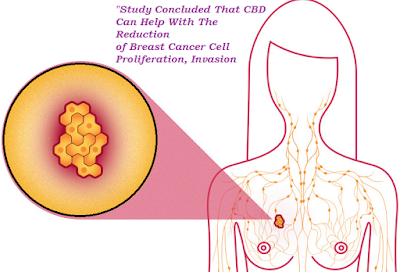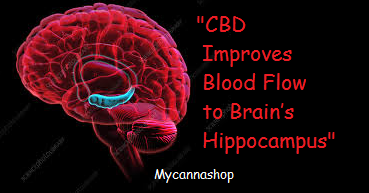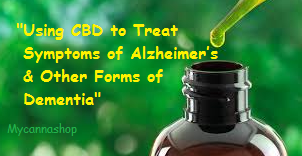🍨 Easy CBD-Infused Ice Cream
Here’s a super easy CBD-infused ice cream recipe — no ice cream maker needed!
🕒 Time: 10 min prep, 4+ hours freeze
🍦 Serves: 4
🌿 CBD: Adjust to your desired dosage
🧾 Ingredients:
-
2 cups heavy whipping cream
-
1 can (14 oz) sweetened condensed milk
-
1 tsp vanilla extract
-
Your desired amount of CBD oil or tincture (unflavored or complementary flavor)
-
Optional: chocolate chips, berries, crushed cookies, etc.
👩🍳 Instructions:
-
Whip the cream
In a large bowl, whip the heavy cream using a hand mixer or stand mixer until stiff peaks form (about 3–4 minutes). -
Mix CBD & flavor base
In another bowl, mix the sweetened condensed milk, vanilla extract, and your CBD oil/tincture. Stir well to evenly distribute the CBD. -
Combine
Gently fold the whipped cream into the CBD mixture. Do this slowly to keep the mix airy. -
Add mix-ins (optional)
Fold in any extras you like — chocolate chips, fruit, nuts, etc. -
Freeze
Pour the mixture into a loaf pan or airtight container. Cover with plastic wrap or lid. -
Freeze for at least 4 hours, or overnight, until firm.
💡 Tips:
-
CBD Dosage: If you're serving 4 people and want ~20mg per serving, add 80mg of CBD total.
-
Flavor twist: Try mint extract + chocolate chips, or espresso powder for a coffee version.
-
Storage: Lasts 1–2 weeks in the freezer.




















